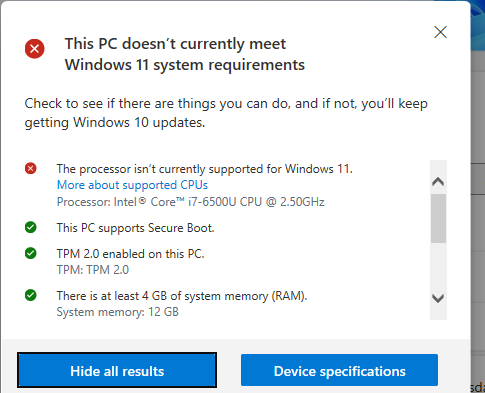Here's something I wish someone can explain for us. So far, this makes no sense, & I'm puzzled. Here are real screen captures (provided that this format allows inline photos), as well as Microsoft's own documentation. Seeing should be believing? Right? ;) So let's dig in.
1) PC Health (& Windows Update) report that my "Intel(R) Core(TM) i7-6500U CPU @ 2.50GHz, 2601, 2 Core(s), 4 Logical Processor(s)" doesn't meet requirements.
My Windows 10 Pro is 64-bit. Here it is.
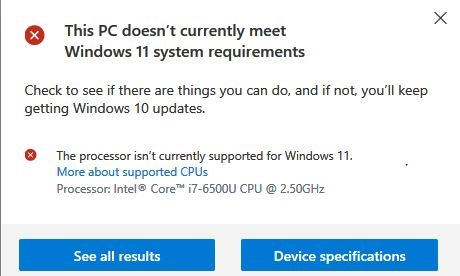
2) Here is my Windows version ("winver"). As you can see, my Windows 10 version is "21H1" Here it is.
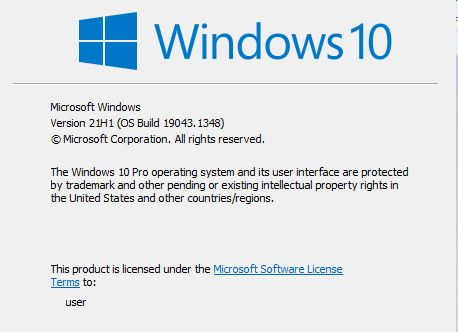
3) Here is Microsoft's list of "Windows 10 21H1 Supported Intel Processors" dated 11/10/2021.
Look down the list & find "i7-6500U" as being SUPPORTED under Windows 10, 21H1
https://learn.microsoft.com/en-us/windows-hardware/design/minimum/supported/windows-10-21h1-supported-intel-processors
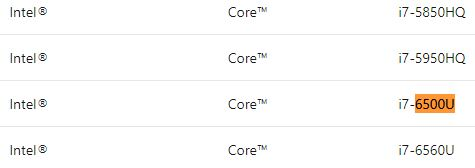
AGAIN, PC Health (& Windows Update) report that my "Intel(R) Core(TM) i7-6500U CPU @ 2.50GHz, 2601 ![Mhz][6], 2 Core(s), 4 Logical Processor(s)" does NOT meet requirements. Really??? Did I miss something?
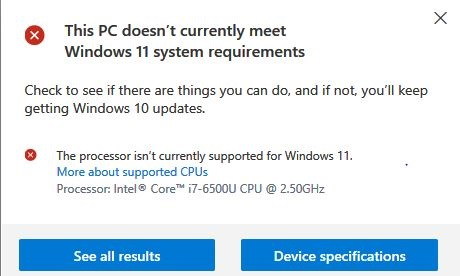
In the heading of the supported processors document above, it does advise that "Earlier generations and models of the CPUs listed may have limited support for devices on this version of Windows 10" MAY. I'm not on a LAN, no bluetooth, & not even a printer. And although 21H2 is now being offered to me in Windows Update, I have not downloaded nor installed it yet, so as not to muddy the waters here in this presentation. Yet, the fact remains that regardless of any potential limitations that may or may not occur, Microsoft saw fit to STILL include it in their list of "Windows 10 21H1 Supported Intel Processors" (dated 11/10/2021.)
So if it's on their list of approved, supported processors, then why is PC Health & Windows Update still reporting & blocking access? Again, I'm stumped. According to Microsoft's most current documentation, my i7-6500U processor DOES meet their Windows 11 requirements. And in PC Health, aside from the processor still highlighted in red, everything else on their full list is "ALL GREEN," & presumingly compatible.
ONE MORE THING: in reviewing all of this, one thing is certain: SOMEONE there at Microsoft took the time to sit down & then conclude that i7-6500U IS a supported processor (under Windows 10, version 21H1); & then was confident enough to proceed to publish this here on microsoft.com.
If this inconsistency interests you too, I'd appreciate it if someone out there could review & comment on this.
Thanks!
//Gary





